curated by Claudia Praolini | reviews by Sofia Brugali
Through the thematic focuses, the Concorto Film Festival aims to examine the phenomena and the aspects of our reality which represent a mirror of desires and contradictions that together form the complexity of human nature. In this year’s framework, something that simply could not miss is a research on the intricate relationship existing between man and nature through a series of short films that analyse it, also bearing in mind that nowadays the foundation of this relationship is the excessive use of resources and the fracture of a global balance, whose heavy consequences have already been registered for a long time now.
Our planet is at great risk due to the changes led by man, who has already modified 77% of landmass, often by dismembering nature in order to make space for residential, industrial or commercial areas, but also for livestock farming and agricultural activities. Only 23% of landmass remains intact and what the experts are worried about is the exponentially growing trend: from 1990 man has devastated 3.3 million square km of land. That part of land which is referred to as “wilderness” (by definition “wild nature”), meaning those areas where currently no human invasive activity has been registered, agriculture included, is constantly decreasing and represents only 23% of the whole planet.
I film selezionati
curated by Claudia Praolini
Belle River, Guillaume Fournier, Samuel Matteau e Yannick Nolin, Canada, Quebec, USA (2021)
Curupira E A Machina Do Destino (Curupira And The Machine Of The Destiny), Janaina Wagner, Brasile, France (2021)
Haulout, Evgenia Arbugaeva e Maxim Arbugaev, UK, Russia (2022)
Manong Ng Pa-Aling, E. Del Mundo, Filippine, USA (2017)
Useless Opera Singers, Pable Serret De Ena, Denmark (2021)
Reviews by Sofia Brugali
CURUPIRA E A MACHINA DO DESTINO
In an analysis of Dino Buzzati’s tale “L’uccisione del drago” (“The killing of the dragon”), Anita Fallani follows the path of Jude Ellison S. Doyle, and notices that the “monstrous” and the “feminine” are inextricably related in the patriarchal imaginary. In the geography of tradition, the two concepts often end up being a single topos, converging in the main features of Nature. These entities take on a life of their own in Janina Wagner’s short film and redeem their subversive roles towards a present – in Brazil – that’s suffocated by progress. On one side there’s Iracema’s ghost, a fictional character, the young protagonist of the homonymous film, and a testimony of the social downfall of her own country. On the other, there’s the Curupira, the monster who protects the Amazon rainforest, still lurking in people’s memory. A journey along the streets that injure Amazonia, in search of a spark of change.
BELLE RIVER
In the media, there is much talk of climate change, but its social consequences are not examined, nor is it the – often forced – choice that people have to make: to emigrate or to stay? This is the dilemma of the inhabitants of Pierre-Part, protagonists of the short documentary Belle River: in the swamps of the Mississippi delta, in Louisiana, the progressive increase in the water level and the threat of future storms loom over the life of the locals. The community lives like a faithful lover, that, for better or for worse, got used to a land rich in water, and switches between car and boat. The voices of the locals, still full of hope, clash with the weird sound of the sousaphone, an artistic reminder of what’s going to happen.
HAULOT
The cinematic sight remains silent, and quietly follows a marine biologist during his research on the field. The solitude of the Arctic lands, that surrounds a rudimental log cabin that used to host the man, acts as a stage for an unknown tragedy. Something scary happens and intensifies year after year in this place: with the melting of glaciers, thousands of walruses arrive exhausted on the shore. Maxim and Evgenia Arbugaeva follow the researcher, respecting the slow passing of the days, just like he does: he doesn’t interfere with his object of study, dividing the cinematic space between the man and what surrounds him. The short film is a tribute not only to those who, like Anatoly Kochnev, dedicate their life to scientific observation, but also to the awareness of environmental issues.
MANONG NG PA-ALING
A man, the sea: Manong ng Pa-aling (“The Pa-aling man”) tells the story of a Philippine fisherman, beginning from his retirement. Great part of the shootings is dedicated to the protagonist’s life underwater, a man who’s devoted to the traditional Pa-aling fishing, a demanding and controversial practice. Nonetheless, the sight of the director E. del Mundo does not adopt the patronizing features of the foreign observer. What stands out is the relation that originates between the fisherman and the water element, the dependence of the first on the benevolent abundance of the latter. A meager catch means poor wages. Although the sea is seen as a source of livelihood, the aspect of its danger is also present: an unpredictable natural element, it gives and it takes, it lets people plunder it, but it also demands.
USELESS OPERA SINGERS
The logic that links a meteorite to a fortune cookie, Hulk’s green fist to a red bust of Lenin: Pablo Serret de Ena is a frame alchemist, a chemist of the concepts that, with his Useless Opera Singers, portrays the harmony of all things, and mocks the intellectual solitude of the human being, with good-natured eyes. Aboard of a boat that slides on the Arctic Ocean, the director questions the human tendency to measure the surrounding world through comparisons: it is a constant streben (yearning, longing), romantic, tender, and painful at the same time, but also the need to comprehend and control what is perceived as different. In the whiteness of the extreme North, where the senses merge and strange phenomena happen, Serret de Ena will complete one more mission, aimed at breaking the previous limit. Another task, as important as… useless.

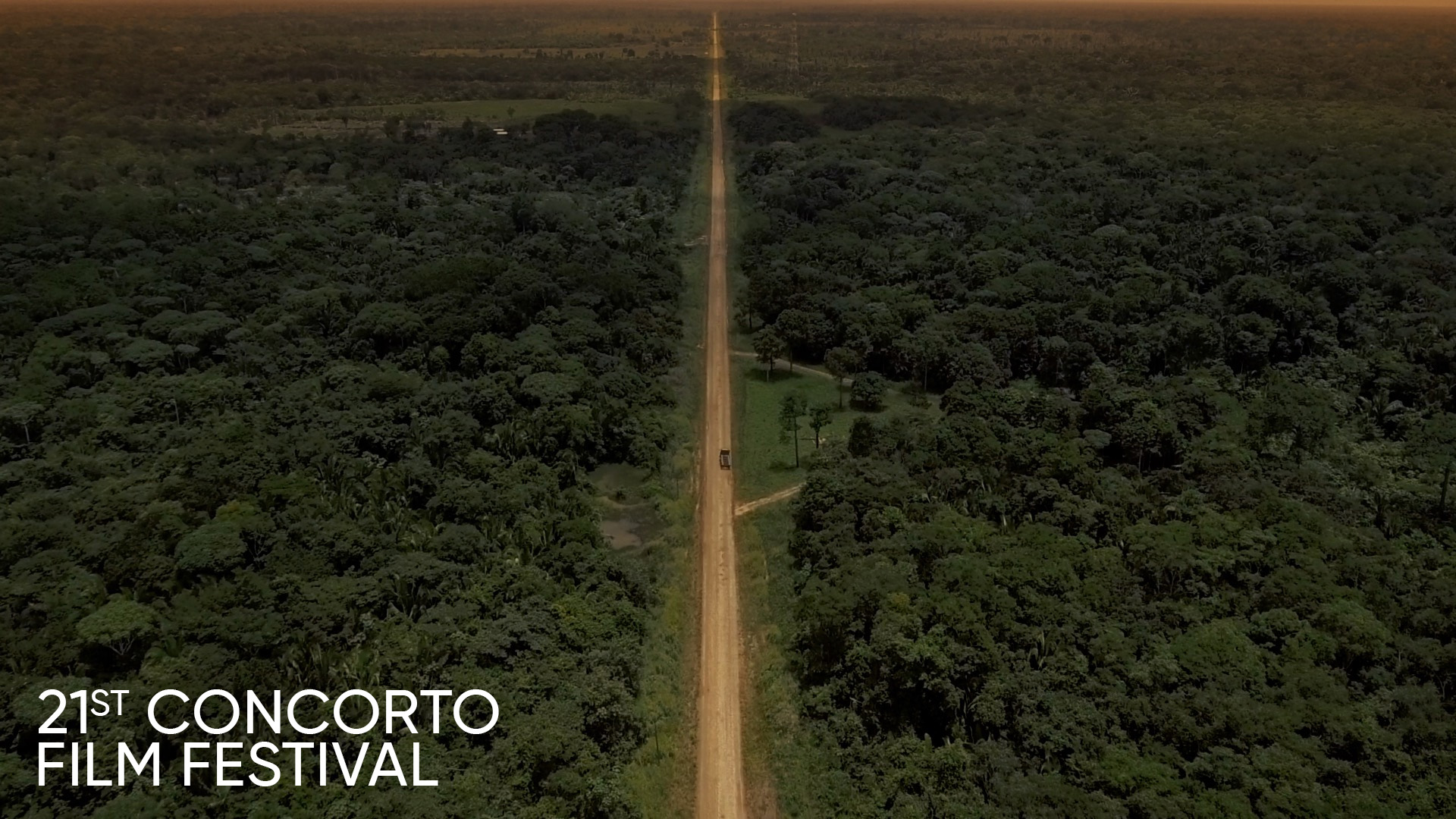
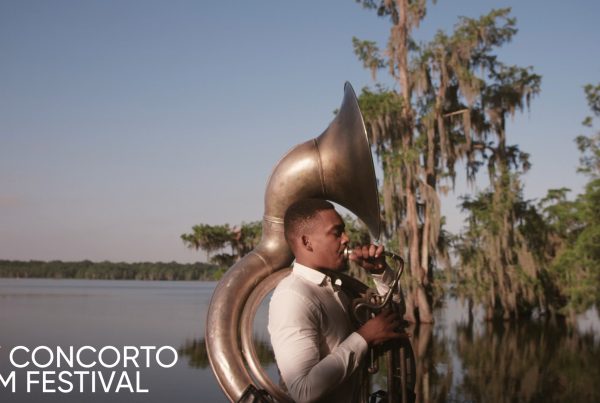
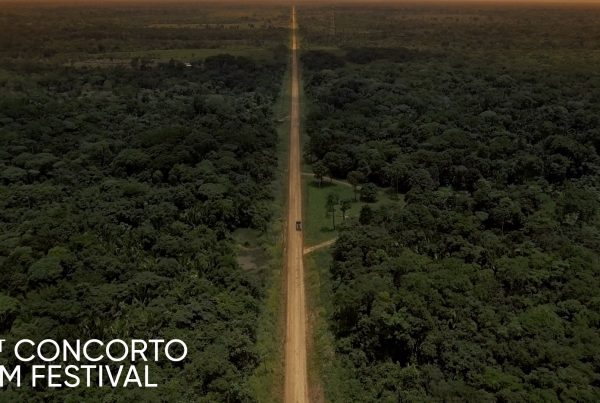
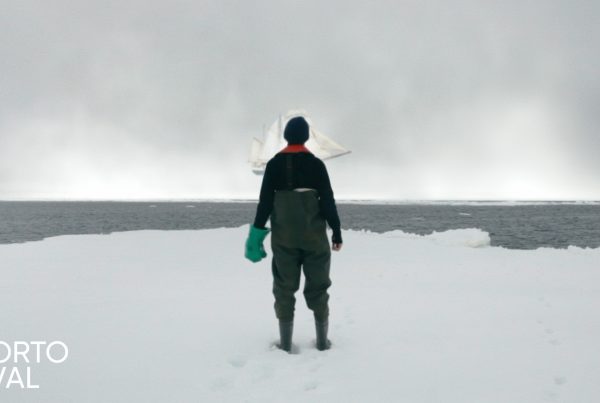
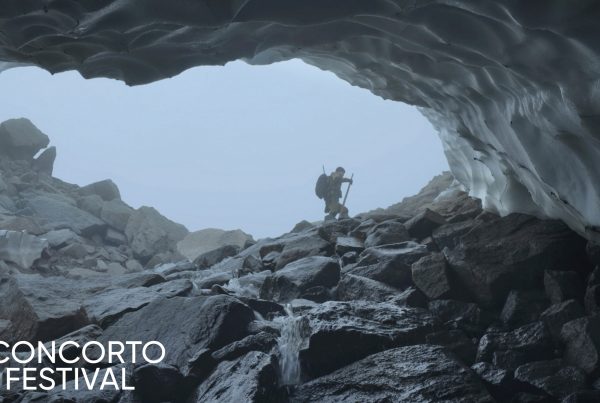
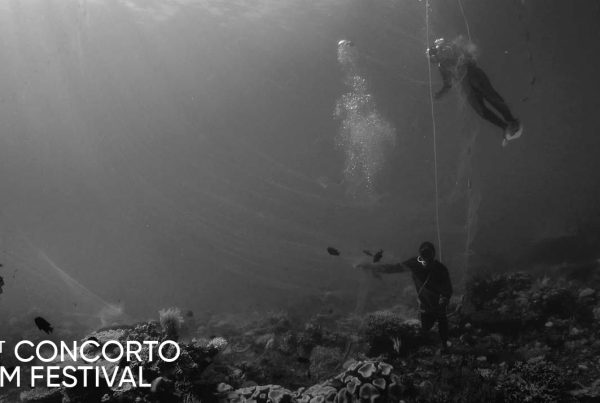

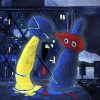




Commenti recenti